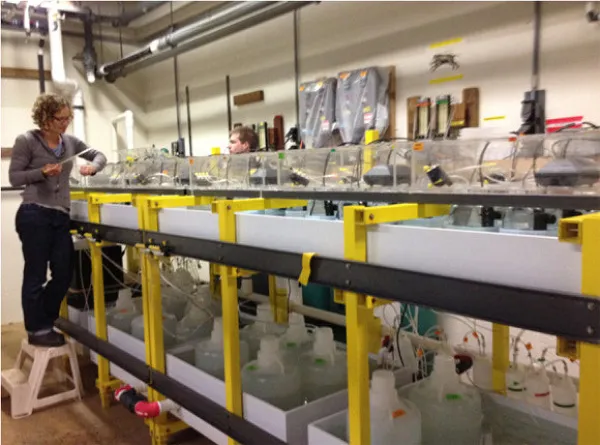A new scientific report is highlighting the urgent need to conserve seaweed genetic resources as part of the global fight against climate change and ocean acidification. Seaweeds play a pivotal role in marine ecosystems, acting as carbon sinks, producing oxygen, and serving as habitat and food for countless marine species.
However, rising ocean temperatures and increasing acidification are placing many seaweed species at risk. These stressors are causing stunted growth, reduced reproductive success, and even widespread die-offs—threatening marine biodiversity and disrupting entire ecosystems.
To counter these threats, scientists are proposing the formation of a European Board of Macroalgal Genetic Resources. This body would oversee a centralized digital platform linking biobanks across Europe, making it easier to collect, store, and share vital seaweed genetic material.
“Expanding seaweed cultivation in Europe could advance several UN Sustainable Development Goals—from food security to environmental restoration,” said Professor Laurie Hofmann, lead author and marine biologist at the Alfred Wegener Institute. “But to do this responsibly, we must safeguard genetic diversity through a coordinated preservation strategy.”
The proposed initiative would support food and biosecurity, enable the development of climate-resilient seaweed strains, and help mitigate biodiversity loss. This is especially important as demand for seaweed grows across industries such as food, cosmetics, biomaterials, and agriculture.
The report also emphasizes the importance of international cooperation. By sharing genetic data, best practices, and technological resources, nations can work together to conserve seaweed biodiversity and promote sustainable aquaculture on a global scale.
In conclusion, the scientists urge policymakers, industry leaders, and researchers to prioritize seaweed conservation—not just for the health of marine ecosystems, but as a strategic pillar in climate change mitigation. Establishing a unified biobanking system is a critical step toward preserving these essential marine resources for future generations.
Would you like this condensed into a summary or turned into a news release format?


